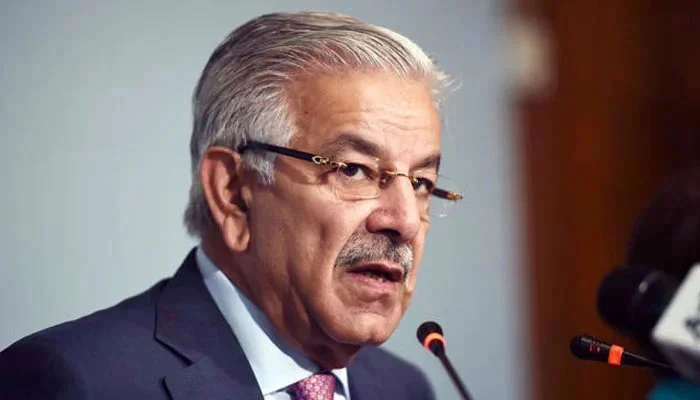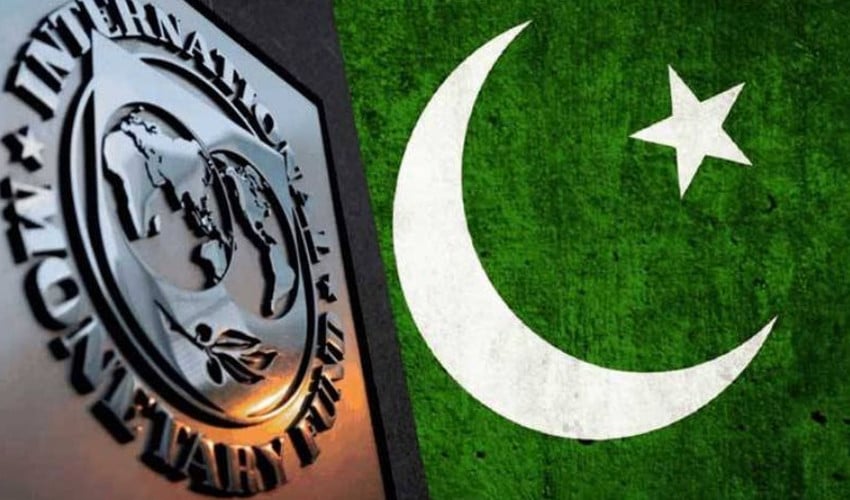Federal Defence Minister Khawaja Asif has identified three core issues—Kashmir, terrorism, and water—as central to any future dialogue between Pakistan and India. Speaking to Geo News, he stressed that this is a rare opportunity to resolve longstanding disputes, particularly the Kashmir conflict, which has triggered multiple wars between the two countries.
“Terrorism has plagued the region for the past 20 to 30 years, and Pakistan has been its biggest victim,” Asif said. He added that this moment marks a historic chance to address these key concerns, especially with international backing. He referenced U.S. President Donald Trump’s acknowledgment of Kashmir as a discussion point as a diplomatic breakthrough.
Referring to recent hostilities, Asif said the escalation stemmed from unresolved tensions over Kashmir. He condemned India’s narrative of blaming Pakistan for terrorism, calling it a “cruel irony.” On water disputes, he reaffirmed that the Indus Waters Treaty, signed in 1960, remains in effect and cannot be unilaterally suspended.
READ MORE: Microsoft and OpenAI in Complex Talks Over Restructuring and Future Collaboration
Commenting on the recent military clash, Asif praised the preparedness and response of Pakistan’s armed forces, claiming it was one of the most significant victories in the country’s history. “India has been left reeling. Modi faces criticism at home, and apart from Israel, no one supports their position. Pakistan’s military strength and restraint have earned global recognition,” he stated.
Following heightened conflict and deadly cross-border exchanges, Pakistan and India agreed to a full ceasefire on Saturday. The deal was brokered through backchannel diplomacy led by the U.S., with confirmations from leaders including President Trump, PM Shehbaz Sharif, India’s S. Jaishankar, and Secretary of State Marco Rubio.
The escalation began after an April 22 attack in Pahalgam, IIOJK, which killed 26 civilians. India blamed Pakistan without evidence, prompting retaliatory actions from both sides, including missile and drone strikes. Pakistan’s Operation Bunyan-un-Marsoos reportedly downed five Indian jets and intercepted 77 Harop drones.
Military activity has since been suspended across all domains, though ceasefire violations have still been reported along the Line of Control (LoC).




